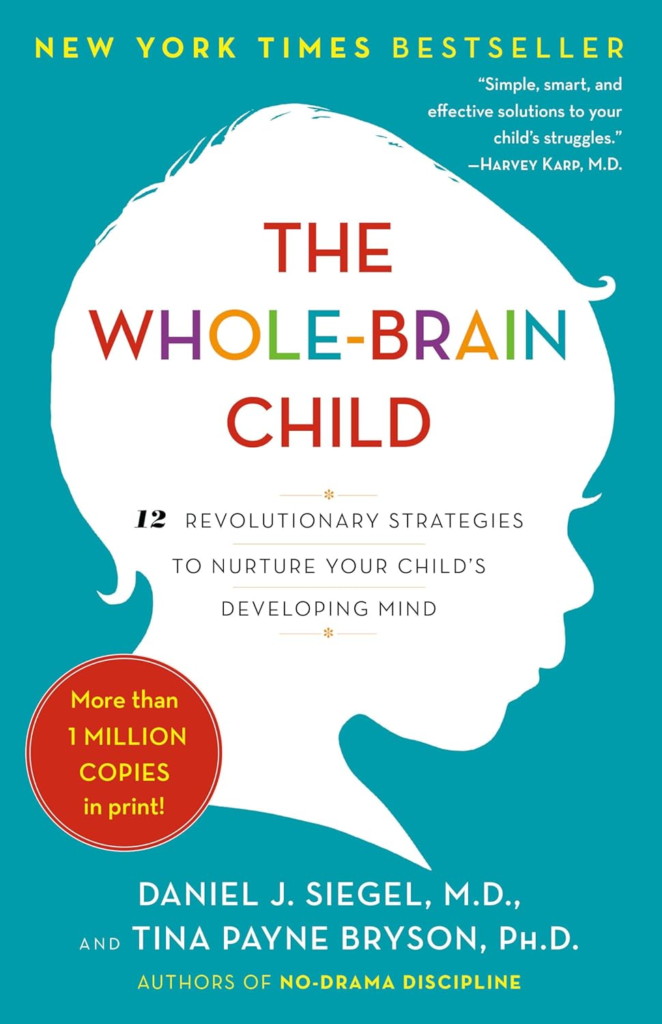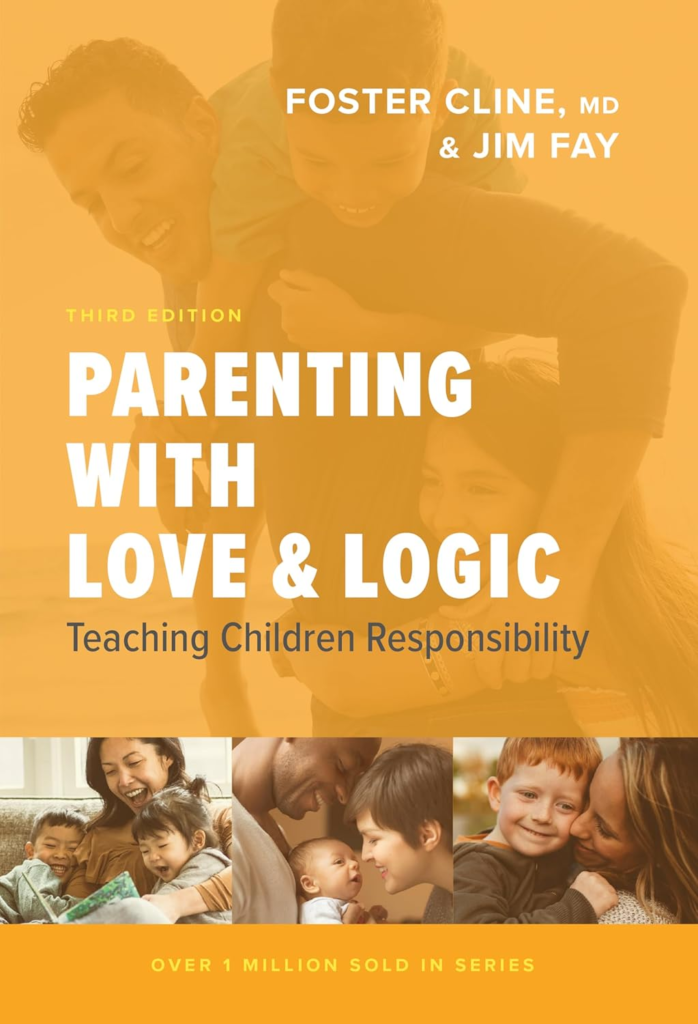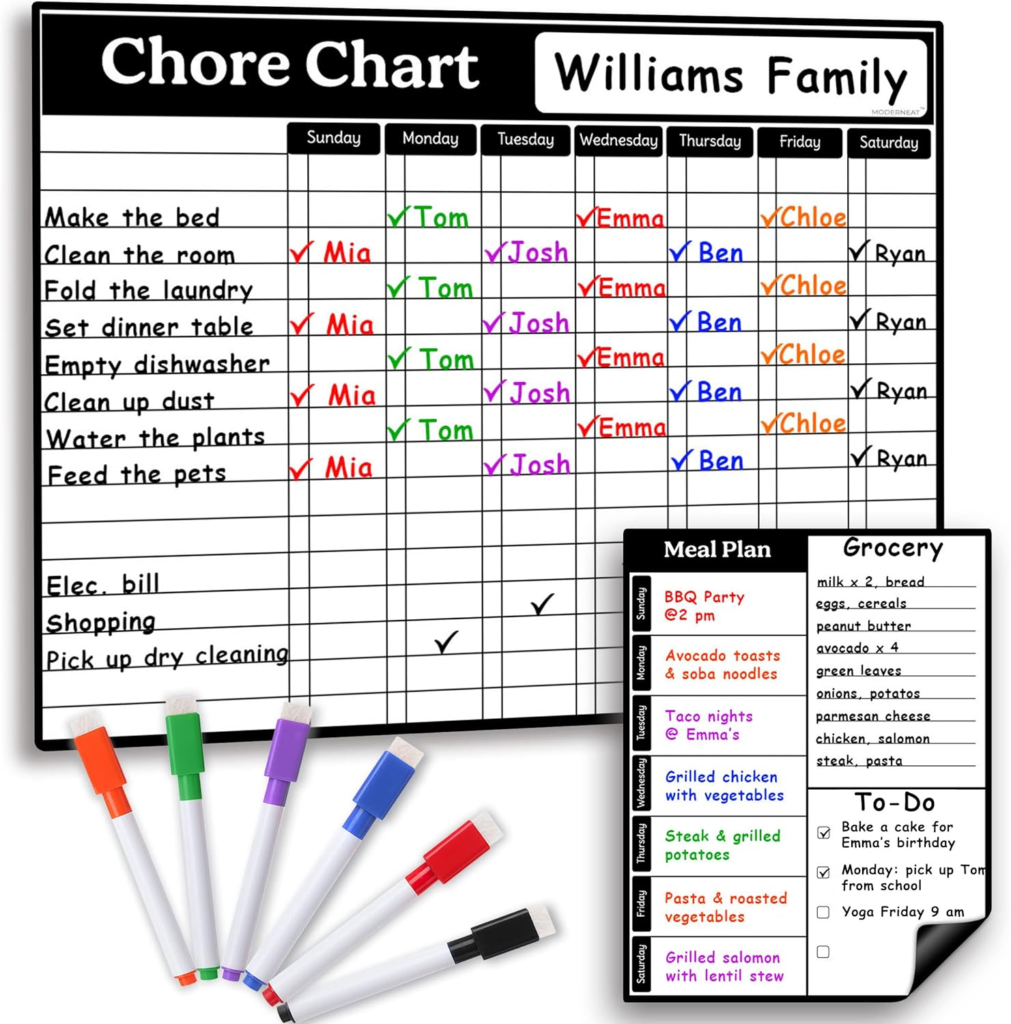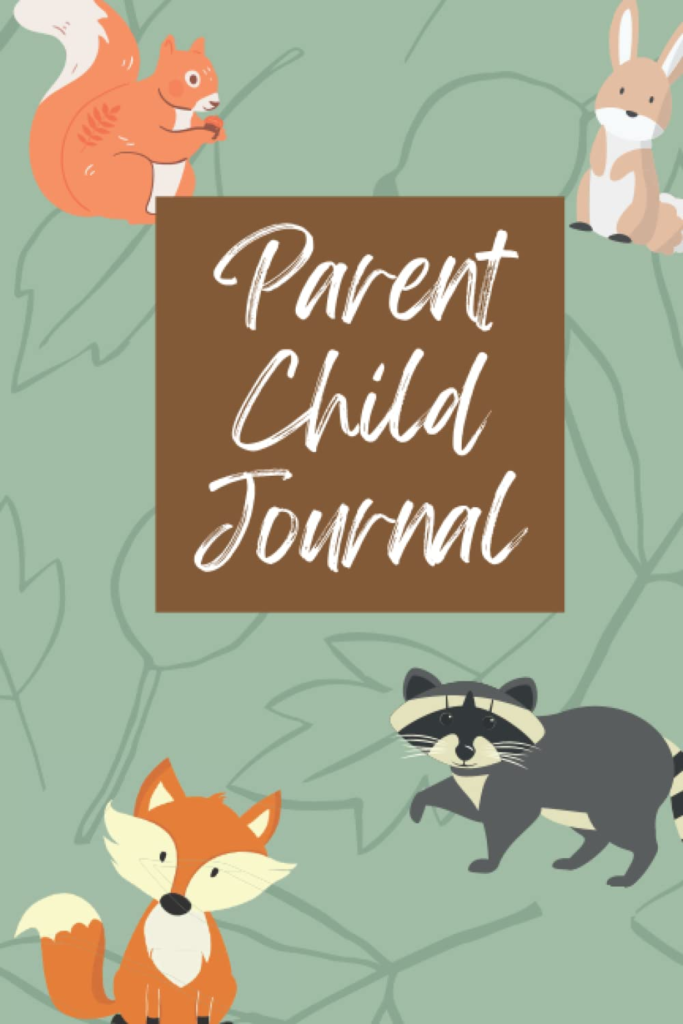Parenting styles shape our children’s emotional, social, and cognitive development, but finding the right balance can be challenging. Among the various approaches, authoritative and authoritarian parenting often stand out as two distinct yet commonly misunderstood styles. As a parent myself, navigating the nuances of these approaches has been both a journey and a learning curve. In this article, we’ll delve into the key differences between authoritative and authoritarian parenting, why these distinctions matter, and how to make informed decisions for your family.
Understanding Authoritative Parenting
Authoritative parenting is often referred to as the “gold standard” of parenting styles. This approach strikes a balance between setting firm rules and showing warmth, understanding, and respect for a child’s individuality.
Characteristics of Authoritative Parenting:
- Clear expectations and consistent rules.
- Open communication and willingness to listen.
- Encouragement of independence while providing guidance.
- Use of positive reinforcement and constructive discipline.
This style is rooted in mutual respect. Parents are seen as supportive figures who nurture their child’s development while guiding them toward responsible behavior.
Example in Action: Imagine your teenager breaks curfew. Instead of immediately punishing them, you sit down to discuss the reasons behind their lateness, expressing your concerns about safety while listening to their side of the story. You set clear consequences but ensure they understand your reasoning. This collaborative approach fosters trust and responsibility.

Amazon Finds for Authoritative Parenting:
- “The Whole-Brain Child” by Daniel J. Siegel and Tina Payne Bryson
Why We Love It: This highly rated book offers practical strategies to nurture your child’s emotional intelligence. With over 25,000 positive reviews, it’s a must-read for any parent.
Learn More on Amazon - CalmDown Corner Kit for Kids
Why We Love It: This kit includes tools like sensory toys, emotion charts, and mindfulness activities to help children manage their emotions. It’s a great way to create a space for reflection and emotional regulation.
Check It Out on Amazon
Understanding Authoritarian Parenting
On the other hand, authoritarian parenting is characterized by strict rules and high expectations, often with little room for dialogue or flexibility. The focus here is on obedience and discipline, sometimes at the expense of a child’s emotional well-being.
Characteristics of Authoritarian Parenting:
- Emphasis on strict rules and high expectations.
- Limited communication and emotional warmth.
- Use of punishment to enforce compliance.
- Little regard for a child’s perspective or feelings.
While this approach can instill discipline and structure, it often leads to fear-based compliance rather than genuine understanding or internal motivation.
Example in Action: If the same teenager broke curfew under an authoritarian parent, they might face immediate punishment—perhaps being grounded for weeks—without any discussion about why the rule exists or what they could do differently next time. This lack of communication can breed resentment or rebellion.

Amazon Finds for Authoritarian Parenting:
- Time-Out Chair with Built-In Timer
Why We Love It: While time-outs can be a valid form of discipline, this chair ensures the process is fair and structured, giving kids a clear understanding of consequences.
View on Amazon
“Parenting with Love and Logic” by Charles Fay and Foster Cline
Why We Love It: Though not strictly authoritarian, this book provides tools for creating boundaries while teaching children accountability. - See Details on Amazon

Striking a Balance
As parents, we all want the best for our children. The goal should be to combine the structure and discipline of authoritarian parenting with the warmth and communication of the authoritative approach. This balance fosters a nurturing environment where children feel secure yet understand the importance of boundaries.
My Personal Tips for Finding Middle Ground:
- Set Clear Rules with Flexibility: Let your children know the “why” behind rules, and be open to revisiting them as they grow.
- Be a Good Listener: Make your kids feel heard, even when you disagree. This builds trust and encourages them to approach you with problems.
- Model the Behavior You Want to See: Actions speak louder than words. Show them how to handle conflict, responsibility, and emotions.
Amazon Must-Haves for Balanced Parenting:

- Magnetic Chore Chart for Kids
Why We Love It: Helps establish structure while allowing kids to take ownership of their responsibilities.
Shop Now on Amazon
Mindfulness for Kids Card Deck
Why We Love It: Encourages emotional regulation and mindfulness in a fun, engaging way.
Buy on Amazon
Parent-Child Journals
Why We Love It: These journals provide a safe space for parents and kids to share thoughts, fostering better communication.
Find It on Amazon

Real-Life Benefits of Authoritative Parenting
Research consistently shows that children raised with an authoritative approach tend to:
- Perform better academically.
- Have stronger social skills.
- Exhibit higher self-esteem and emotional resilience.
- Develop better problem-solving abilities.
As someone who transitioned from a more authoritarian style to a balanced authoritative approach, I’ve seen remarkable changes in my own family dynamics. My kids are more open with me, our bond has strengthened, and discipline feels more like a team effort than a power struggle.
Encouraging Words for Parents
Parenting isn’t about perfection; it’s about progress. If you lean more toward authoritarian methods, it’s never too late to incorporate aspects of authoritative parenting. Small changes, like listening more or explaining rules, can make a big difference.
Similarly, if you’re already practicing authoritative parenting, tools like those mentioned above can help you stay consistent and connected.
Final Call to Action
Parenting is a journey, not a destination. Equip yourself with the right tools, stay open to learning, and remember—the love and effort you put into parenting will pay off in your children’s growth and happiness.
Take the next step today by exploring the resources mentioned. Whether it’s books, tools, or techniques, investing in your parenting journey is one of the best decisions you can make for your family.
